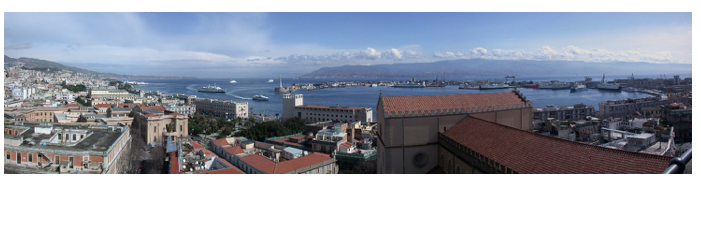Italy is, with its approximately 7,500 kilometres of coastline, the country most involved in policies concerning protection and enrichment of resources of the Mediterranean, a sea of extreme wealth, but also of great fragility for biological balance and biodiversity. According to the United Nations Convention on the Law of the Sea (UNCLOS), Italy has jurisdiction and can exercise surveillance operations to protect its coasts, safety and environmental protection in the territorial sea, which extends up to 12 nautical miles from the baseline, and, for anti-immigration purposes, also to a wider area, up to 24 nautical miles. Our country is called to oversee large areas of the Mediterranean also for the important function of protecting human life at sea: in this case, the national authorities are responsible for the intervention on a Search and Rescue (SAR) area of 495,553 Km2, the largest in the Mediterranean.
Italy’s commitment to sustainable management of the Mediterranean, not only at an environmental and historical-cultural level, but also at an economic level, emerges, most recently, with the enactment of law 91/2021 which authorized the institution of an economic exclusive zone of Italy (EEZ, to be established with an enacting Presidential Decree), expressing the intention of our State to exercise its jurisdiction over all exploration, exploitation and conservation of sea resources, of the seabed and subsoil, up to 200 nautical miles from the baseline, with the aim of guaranteeing sustainable fishing, responsible exploitation of the subsoil and biodiversity. The establishment of the area involves not only the recognition of exploitation rights over resources, but also urges national authorities to safeguard the overall environmental balance, including the archaeological and historical heritage, far beyond the prerogatives of the coastal authorities on the high seas.
Italy’s commitment in the Mediterranean had already been expressed with the establishment of the ecological protection zone (law 61/2006; d.P.R. 209/2011) in the north-western Mediterranean, in the Tyrrhenian Sea and in the Ligurian Sea, according to the rules of UNCLOS and those of the UNESCO Convention on the Protection of Underwater Cultural Heritage. The most recent institution of the EEZ extends national jurisdiction over the management of fish stocks and other marine resources, according to the policy, adopted by the various European countries, to guarantee greater impact of European choices in the protection of a closed sea, with an inestimable biological value, being at the same time extremely fragile. Among the Mediterranean countries that have established EEZs are Cyprus, Egypt, Israel, Lebanon, Morocco, Monaco, Syria and Turkey, but also Croatia, France, Spain, Tunisia and Libya. The Mediterranean is increasingly becoming a common space, also from a legal point of view, whose protection and surveillance is guaranteed, at a European level (the EU has competences in the framework of the common fisheries policy, environmental and protection of external borders matters) by the national authorities that will increasingly operate as a European Border and Coast Guard, under the coordination of the European Agencies for Safety at Sea (EMSA), on fishing (EFCA) and external border control (Frontex).






